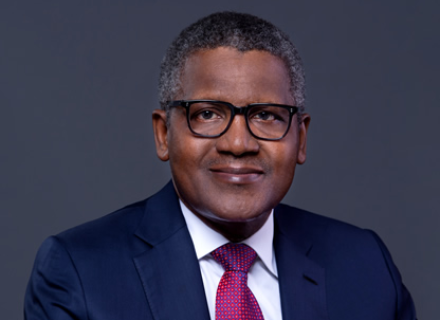Aliko Dangote, a Nigerian billionaire businessman and the owner of the Dangote Refinery, has said that Nigerian gas prices are unsustainable when compared to those in other nations, especially Saudi Arabia.
In an interview with Bloomberg TV, Aliko Dangote supported Nigeria’s decision to remove its fuel subsidies, calling it a timely move in line with international trends.
He claims that it defies logic that gasoline costs in Nigeria are roughly 40% less than in Saudi Arabia, another nation that produces oil.
Noting that all other nations have done away with fuel subsidies, Aliko Dangote clarified that the Nigerian government could no longer afford the burden of subsidies.
Additionally, he revealed that the cost of fuel in Nigeria is roughly 60% less than that of its neighbouring countries.
“I think it is because all countries have actually gotten rid of subsidies. Let me give you an example: Saudi Arabia used to give what Saudis, the citizens, believe that oil is a God-given gift. So the government shouldn’t charge us for it. The government was selling it at a very low price, but today, as we speak, gasoline is about 40% cheaper in Nigeria than in Saudi Arabia, which I think doesn’t make sense. That is one. Number two: our price of gasoline is about 60% of the price of our neighbouring countries, and we have very porous borders, so it is not sustainable. The amount of subsidy that we were paying, the government cannot afford,” he said, as reported by Zawya.
“We have a choice: either when we produce, we export, or when we produce, we sell locally. But we are a private company. Yes, it is true, we have to make a profit. We built something worth USD 20 billion, so definitely, we have to make money. The removal of subsidy is totally on the government, not us. We cannot change the price, but I think the government has to give up something for something. I think, at the end of the day, the subsidy will have to go,” he added.

